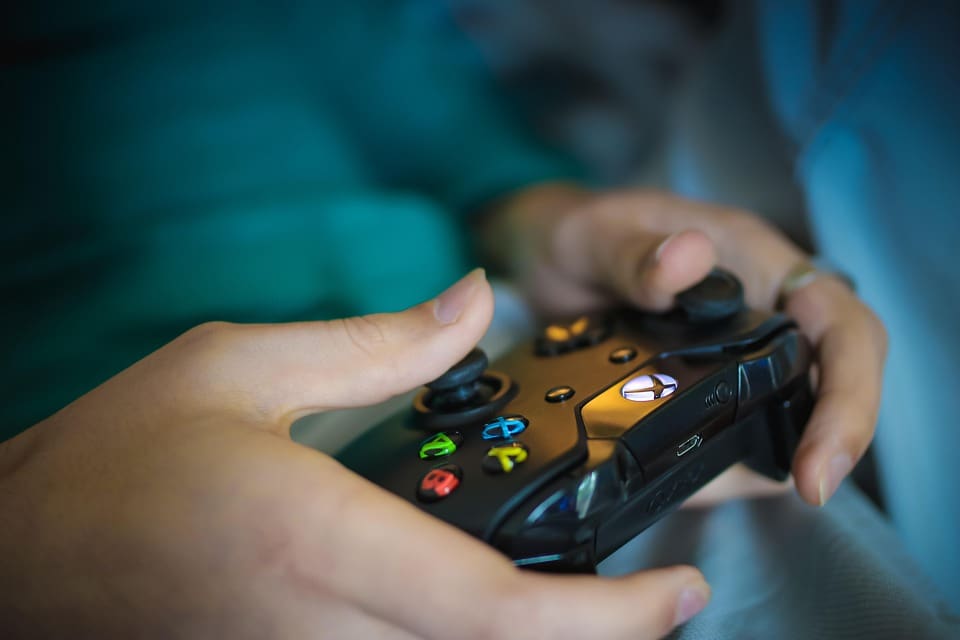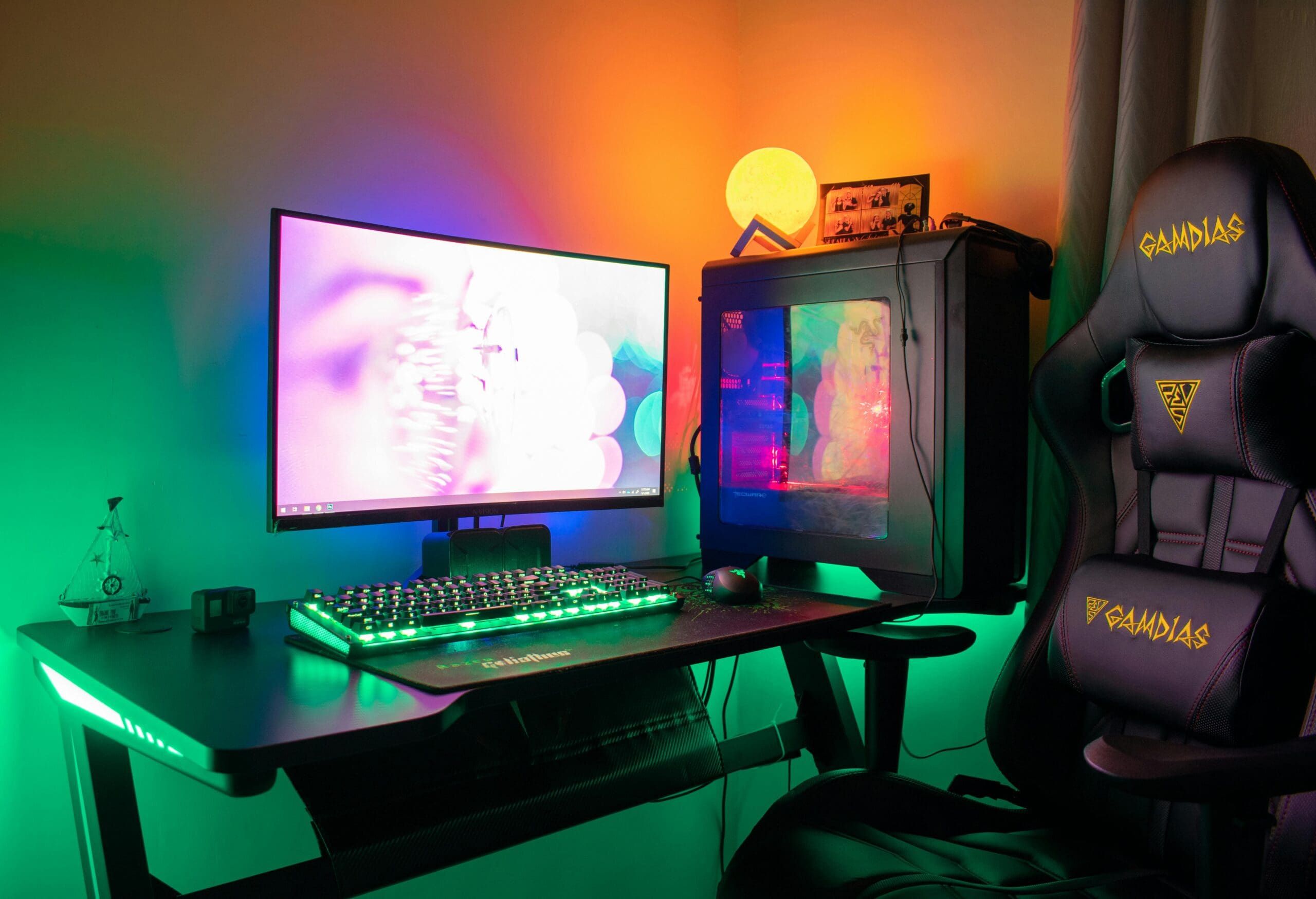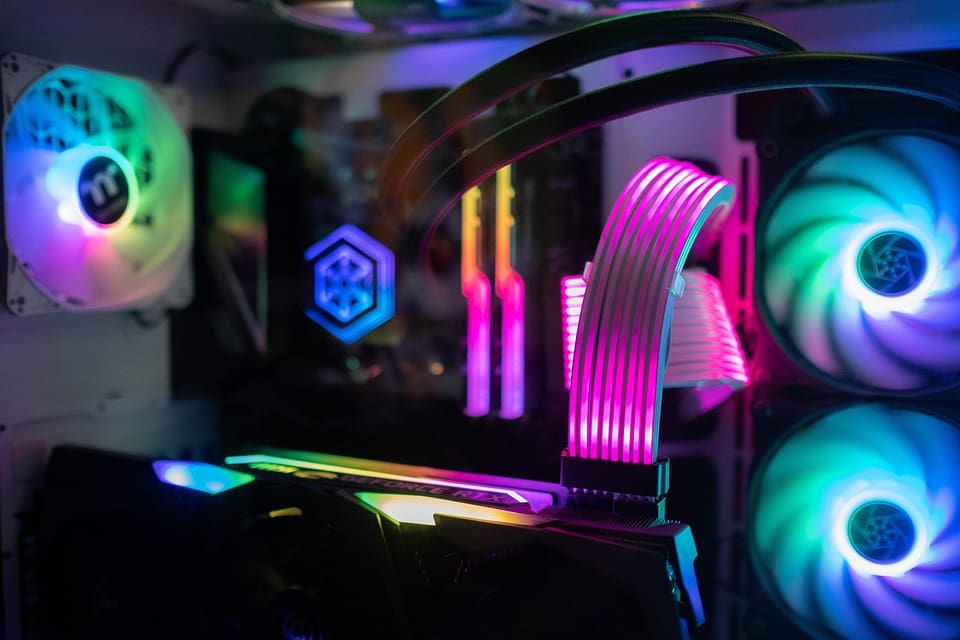Introduction
Gaming PCs have become increasingly popular among gamers due to their ability to deliver high-quality graphics and performance. However, one common issue that gamers face is overheating, which can lead to decreased performance, hardware damage, and even system failure. In this guide, we will explore the best cooling solutions for your gaming PC to help you avoid overheating and maximize your gaming experience.
Why This Topic Matters
Understanding how to properly cool your gaming PC is essential for ensuring optimal performance and longevity. Overheating can cause your system to throttle, resulting in decreased FPS, longer load times, and system instability. By implementing effective cooling solutions, you can maintain consistent performance, extend the lifespan of your hardware, and prevent costly repairs. This guide will cover the importance of cooling solutions for your gaming PC and provide valuable tips to help you avoid overheating.
Step-by-Step Guide / Essential Tips
1. Proper Airflow Management:
One of the most important factors in preventing overheating is ensuring proper airflow inside your PC case. Make sure to position your fans strategically to create a balanced airflow throughout the case. Consider installing additional case fans or upgrading to high-performance fans for improved cooling.
2. Use High-Quality Thermal Paste:
Applying high-quality thermal paste between your CPU and heatsink can significantly improve heat transfer and reduce temperatures. Be sure to clean off old thermal paste before applying a new layer, and follow manufacturer guidelines for proper application.
3. Invest in a Quality CPU Cooler:
Your CPU cooler plays a crucial role in maintaining optimal temperatures during gaming sessions. Consider investing in an aftermarket CPU cooler with a larger heatsink or liquid cooling solution for better heat dissipation. This can help prevent thermal throttling and ensure stable performance.
Common Mistakes to Avoid
- Ignoring Dust Build-Up: Dust accumulation inside your PC can obstruct airflow and cause components to overheat. Regularly clean your PC components, including fans, heatsinks, and filters, to prevent overheating.
- Running Your PC in a Confined Space: Placing your PC in a cramped or poorly ventilated area can restrict airflow and lead to overheating. Ensure your PC has enough space for airflow and is placed in a well-ventilated area to maintain optimal temperatures.
- Overclocking Without Proper Cooling: Overclocking your components can increase performance but also generate additional heat. Make sure you have adequate cooling solutions in place before overclocking to prevent overheating and potential damage to your hardware.
Advanced Optimization Tips
For advanced users looking to further optimize their cooling solutions, consider the following tips:
- Monitoring software: Use monitoring software to track temperatures and fan speeds in real-time. This can help you identify any cooling issues and make necessary adjustments.
- Undervolting: Undervolting your CPU and GPU can reduce heat output and power consumption without sacrificing performance. Experiment with undervolting settings to find the optimal balance between temperature and performance.
- Custom fan curves: Customize fan curves in your BIOS or through software to adjust fan speeds based on temperature. This can help maintain optimal temperatures under varying loads and prevent overheating.
Final Thoughts
Proper cooling solutions are essential for maintaining optimal performance and preventing overheating in your gaming PC. By following the tips and strategies outlined in this guide, you can ensure that your system stays cool under heavy loads and prolong the lifespan of your hardware. Whether you are a beginner or an experienced gamer, implementing effective cooling solutions will enhance your gaming experience and keep your system running smoothly.
💬 What cooling solutions have you found most effective for your gaming PC? Share your experiences and tips in the comments below!


